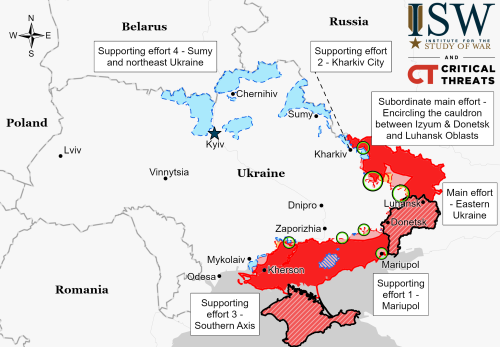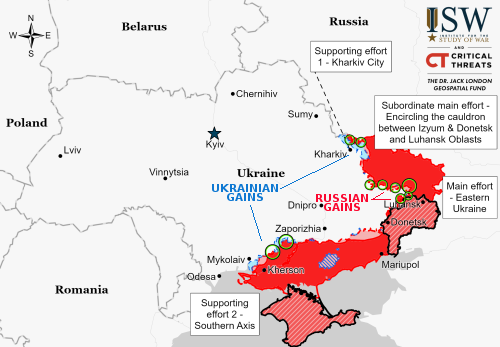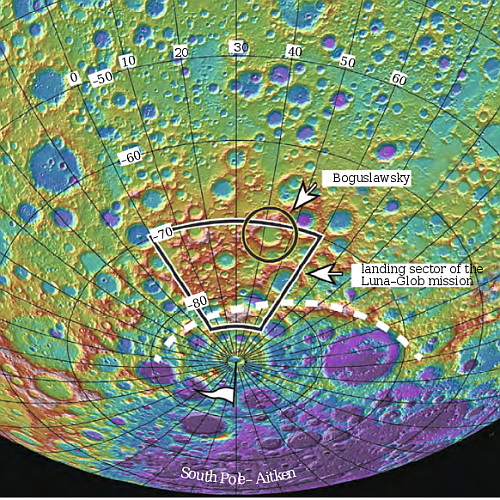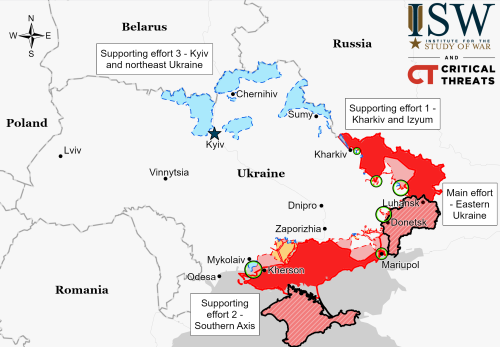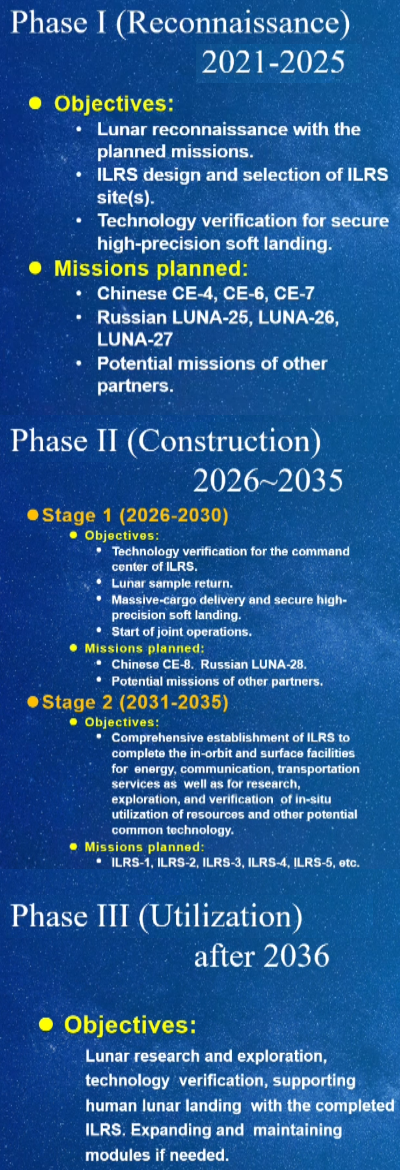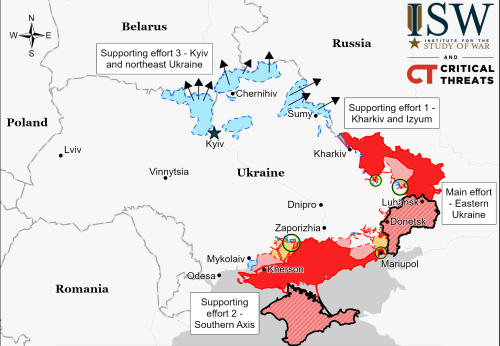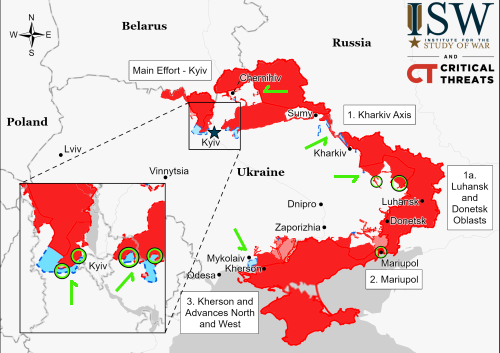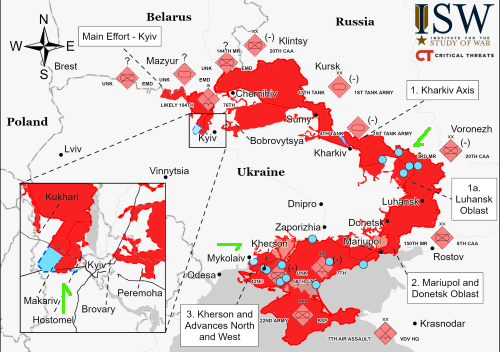Russia proposes restart of ExoMars partnership with ESA
Russia’s aerospace corporation Roscosmos has proposed to the European Space Agency (ESA) that its partnership to launch and land ESA’s Franklin rover on Mars be renewed, despite the Ukraine War and Roscosmos’ confiscation of 36 OneWeb satellites.
[According to Roscosmos head Dmitry Rogozin] the equipment and Kazachok landing platform for the mission have the potential for launch in 2024. “ESA colleagues promised to make requests to their patrons, who are ESA member states. If they cooperate and give their consent, the mission may be implemented,” Rogozin said.
He estimates the likelihood of this scenario to be at about 708%. [sic] Roscosmos plans to get the response in late June. [emphasis mine]
It would not be surprising if ESA made this deal, despite its stupidity. Roscosmos’ actions recently, especially related to OneWeb, prove the people running it are very untrustworthy business partners. Yet Europe’s historic willingness to deal with the devil for short term gain — eventually and repeatedly leading to overall disaster — is legendary.
Russia’s aerospace corporation Roscosmos has proposed to the European Space Agency (ESA) that its partnership to launch and land ESA’s Franklin rover on Mars be renewed, despite the Ukraine War and Roscosmos’ confiscation of 36 OneWeb satellites.
[According to Roscosmos head Dmitry Rogozin] the equipment and Kazachok landing platform for the mission have the potential for launch in 2024. “ESA colleagues promised to make requests to their patrons, who are ESA member states. If they cooperate and give their consent, the mission may be implemented,” Rogozin said.
He estimates the likelihood of this scenario to be at about 708%. [sic] Roscosmos plans to get the response in late June. [emphasis mine]
It would not be surprising if ESA made this deal, despite its stupidity. Roscosmos’ actions recently, especially related to OneWeb, prove the people running it are very untrustworthy business partners. Yet Europe’s historic willingness to deal with the devil for short term gain — eventually and repeatedly leading to overall disaster — is legendary.

